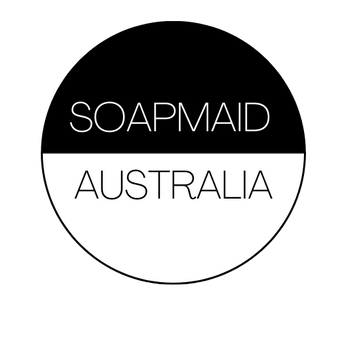Cocamidopropyl Betaine (CAPB): The Mild Surfactant for Gentle Cleansing
Coconut-derived, sulphate-free, and skin-friendly — the science behind your favourite foaming cleansers

Cocamidopropyl Betaine (CAPB) is one of the most widely used surfactants in modern personal care products. Derived from coconut oil and valued for its mildness, rich foam, and conditioning properties, CAPB is a cornerstone of sulphate-free shampoos, body washes, facial cleansers, and baby care formulations. Let’s explore its chemistry, benefits, and role in gentle cleansing.
What Is Cocamidopropyl Betaine?
CAPB is an amphoteric surfactant synthesised from coconut fatty acids and dimethylaminopropylamine. Chemically, it is a zwitterion — carrying both positive and negative charges — allowing it to function effectively across a wide pH range (4.5–7.5).
-
INCI Name: Cocamidopropyl Betaine
-
CAS Number: 61789-40-0
-
Appearance: Clear, pale yellow liquid (30–35% active)
-
Source: Coconut oil (lauric acid) + synthetic betaine
Key Fact: While derived from natural coconut oil, CAPB undergoes chemical processing (amidization and quaternization) to achieve its final structure and performance.

Key Benefits in Cosmetic Formulations
1. Ultra-Mild Cleansing
Removes dirt and oil without disrupting the skin barrier. Zein test scores <100 mg/g nitrogen (vs. >400 for SLS).
2. Rich, Creamy Lather
Boosts foam volume and stability, even in hard water. Creates luxurious bubbles without harsh sulphates.
3. Conditioning & Moisturising
Reduces static charge in hair and improves combability. Deposits a light protective film on skin.
4. Low Irritation Potential
HRIPT studies show <1% sensitisation rate. Approved for baby products at up to 10% active.
5. Viscosity Builder & Stabiliser
Thickens formulations when paired with anionic surfactants (e.g., SLES). Enhances pearlisation and suspension.

CAPB vs. Common Surfactants: Comparison Table
| Property |
CAPB |
SLS |
SCI |
| Mildness (Zein Score) |
Low (<100) |
High (>400) |
Very Low (<50) |
| Foam Quality |
Creamy, dense |
Large, airy |
Soft, low |
| pH Flexibility |
4.5–7.5 |
6.0–8.0 |
5.0–7.0 |
| Use Level (Active) |
2–10% |
5–15% |
10–50% |
| Cost (per kg active) |
Moderate |
Low |
High |
Common Applications in Personal Care
Hair Care
-
Shampoos: 3–8% active for lather and mildness
-
Conditioning Cleansers: 1–3% with cationic polymers
Facial & Body Cleansers
-
Face Wash: 2–5% in gel or cream cleansers
-
Body Wash: 5–10% with SLES or ALS
Baby & Sensitive Skin
-
Tear-Free Shampoo: 4–7% with decyl glucoside
-
Hypoallergenic Wash: Up to 10% in low-actives formulas
Eco & Specialty
-
Sulphate-Free: Primary or co-surfactant
-
Micellar Water: 0.5–2% for makeup removal
Formulator Tip: Use CAPB at 20–30% of total surfactant load to reduce irritation from primary surfactants like SLES.
Safety & Potential Concerns
CAPB is CIR-approved and considered safe up to 30% in leave-on products. However:
-
Allergies: Rare contact dermatitis linked to amidoamine or DMAPA impurities (not CAPB itself).
-
Purity: Choose suppliers with <10 ppm DMAPA and <0.5% amidoamine.
-
Patch Test: Recommended for reactive skin types.
Safety Note: Always source cosmetic-grade CAPB from reputable suppliers with COA and impurity testing.






